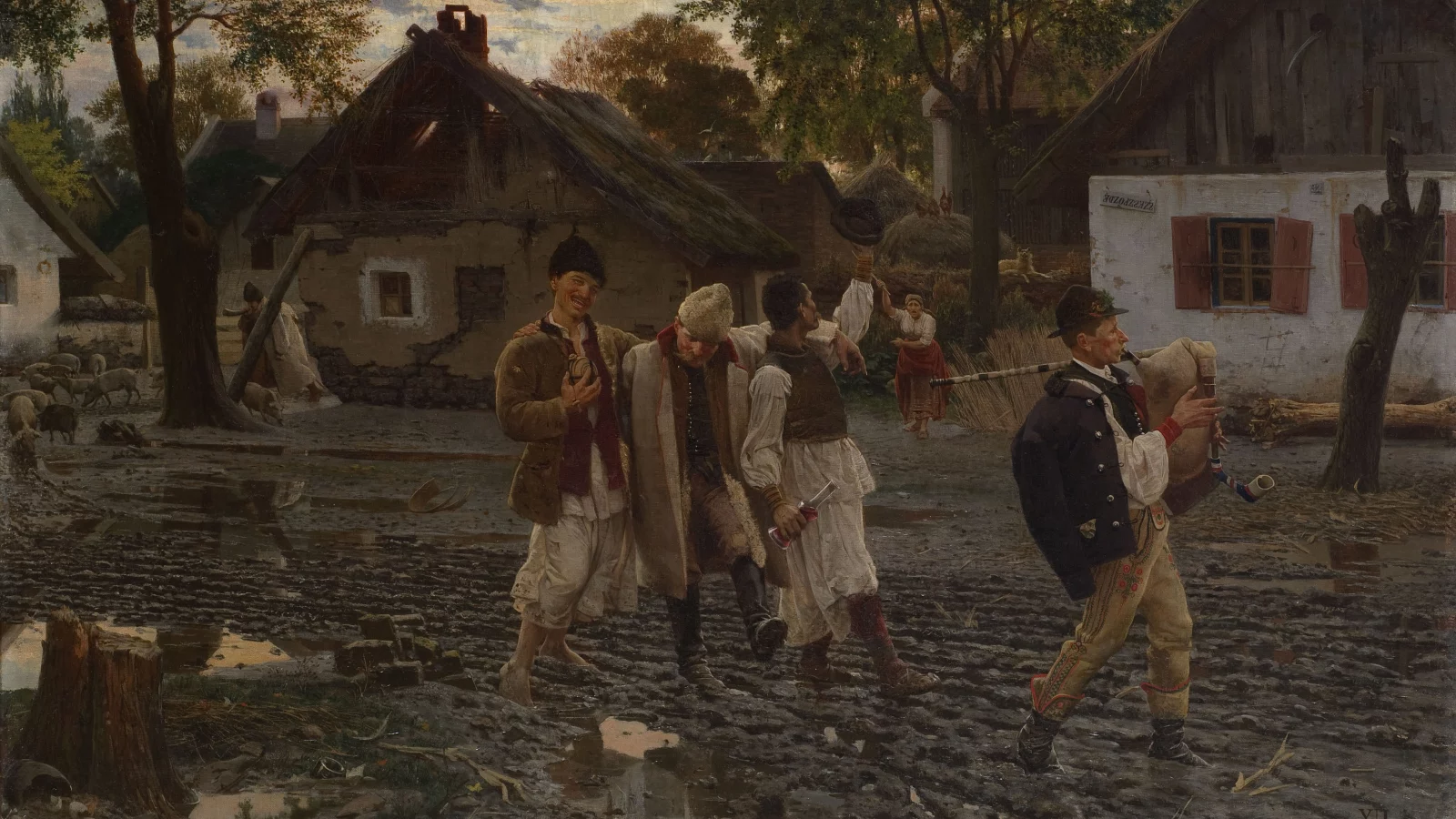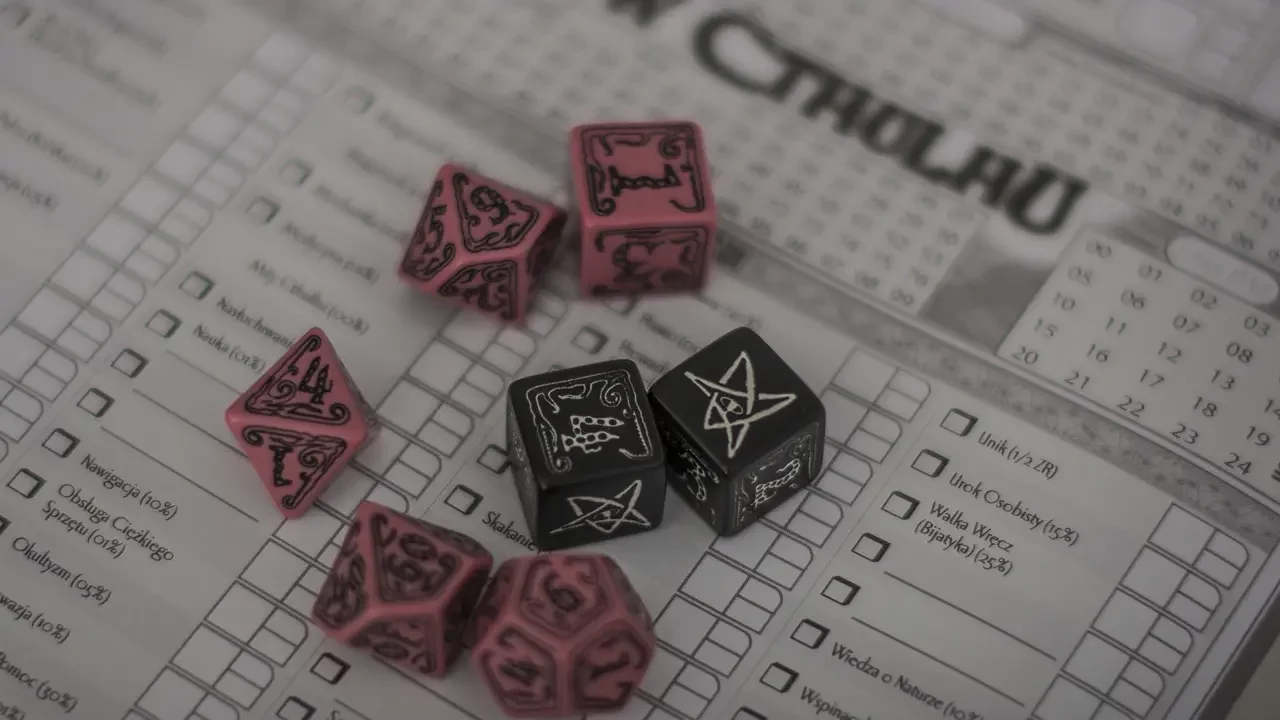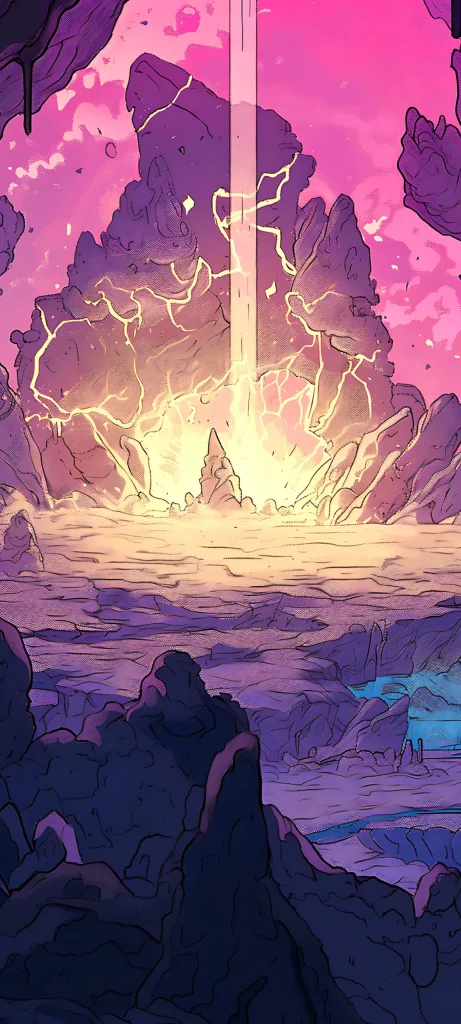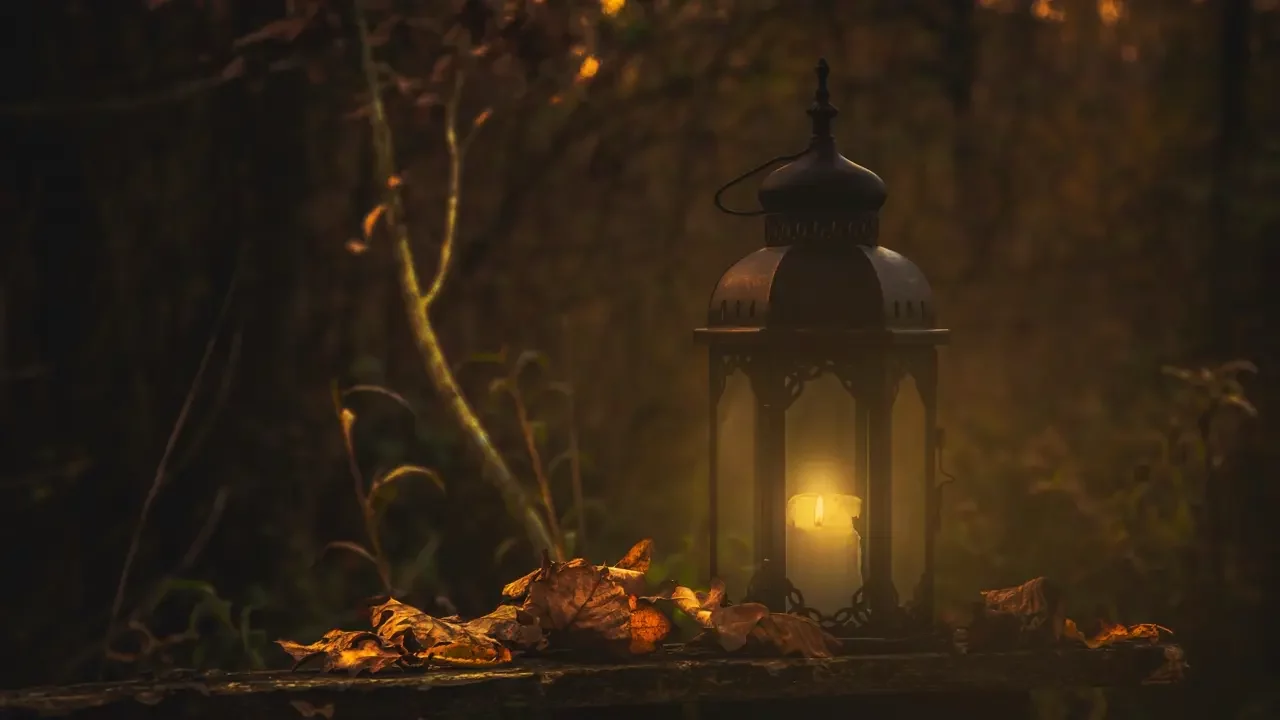
Dungeons & Dragons is a beloved tabletop role-playing game (TTRPG) that offers a great framework for any adventure. But, a standard campaign can last weeks, months, or even years; which can get be intimidating for beginners. Sometimes the perfect dose of fantasy is a one-shot adventure.
One-shots are designed for a single session, such as a Sunday afternoon with friends. However, there is flexibility in extending it to a few more sessions or even a full campaign if the group wishes. Ultimately, one-shots are a quick and easy experience that are just as enjoyable as any other session!
The Benefits Of One-Shot
Firstly, one-shots are excellent for beginners because they can experiment a less intimidating entry point into the world of D&D. Getting into the game can be daunting for someone that has never played a TTRPG before. Also, the idea of committing weeks or months isn't very inspiring.
On the other hand, one-shots can also be very enjoyable for more experienced players. Players can explore different playstyles (e.g. trying out a Bard instead of a Paladin) or campaign settings (e.g. from high fantasy to dark fantasy) without the added pressure of long-term commitment.
Plus, one-shots also offer a change of pace for established groups; especially if the players are a bit tired of playing the same on-going campaign every time. As a bonus, one-shots also provide an opportunity for the regular Dungeon Master (DM) to actually enjoy the game as a player for once!
How A One-Shot Starts
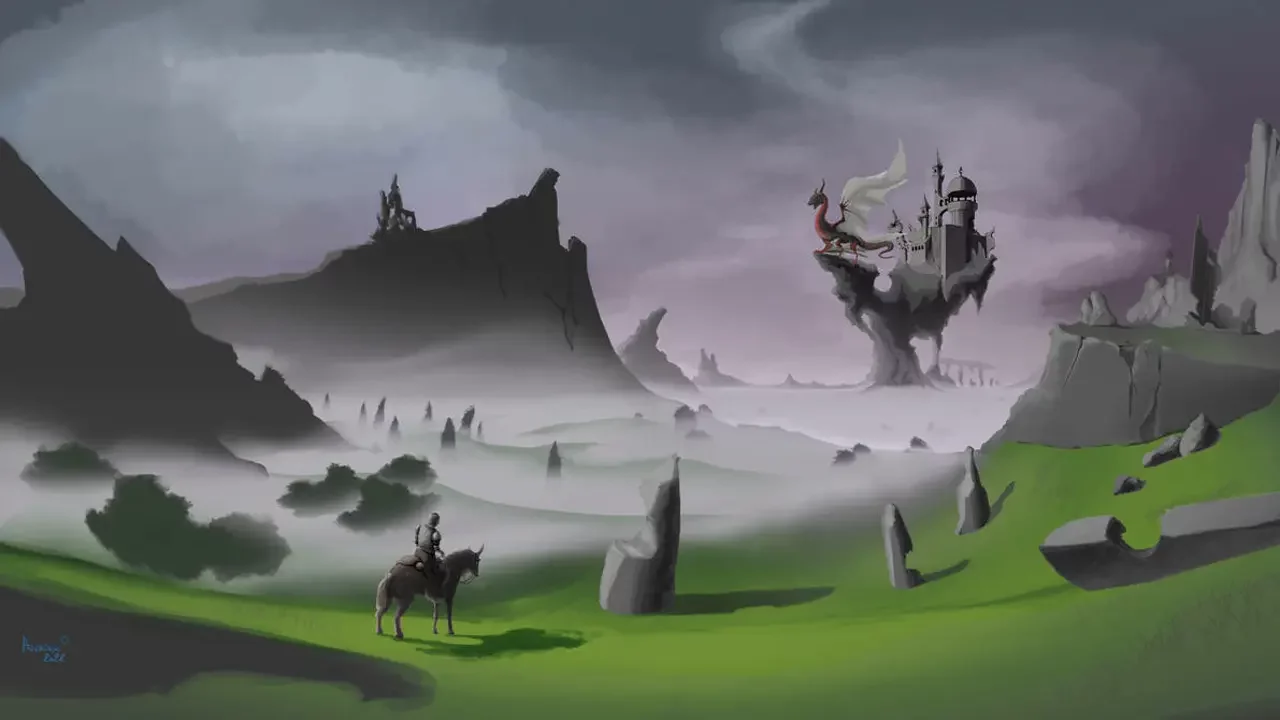
In order to start your planning, you must establish a plot hook. A plot hook is the initial event or situation that "hooks" the player characters (PC) into the adventure. In one-shots, this source of intrigue needs to be immediate and irresistible, something that the adventurers have to accept.
First, determine the origin of your quest. Let's imagine that an idealistic Sorcerer named Bob believes that every individual should yield powerful magic; everyone, from artisans and farmers to thieves and killers. Thus, the origin of our quest is Bob and his idealism.
Next, think about the goal of your one-shot. Bob needs to be stopped otherwise the world as we know it might collapse; choatic magocracies will emerge, vast empires will be toppled, and countless innocents will perish. If Bob dies, then his plans dies with him.
Then, ponder about the stakes involved; not just to the innocent people, but also to the players themselves. Perhaps a PC is a member of a noble order of knights that are antagonistic to power-hungry mages—and Bob's plan is a direct affront to their existence. Or maybe another PC is from a noble family that jailed dozens of dangerous people that now yield potent magic.
Finally, you must consider the rewards. It is not fun to save the world without getting a few pouches of gold, right? Jokes aside, rewards in one-shots mainly come in the form of a satisfying conclusion. Perhaps Bob is defeated in battle or he permanently loses his magic while the characters are hailed as heroes and earn a grand feast of celebration.
Important Tips in a One-Shot
Remember to create a strong start. In other words, place the players right into the danger or perhaps a major event that instantly involves them in the unfolding drama. Furthermore, remember to clearly outline the benefits of completing the quest. Whether it is a chest of gold, a chance of glory, or a valuable secret, rewards incentivize the players to get "hooked."
Avoid complicated plot hooks. They often consume too much valuable time, both for the players and for yourself. By prioritizing a simple and clear premise, you allow room and time for the adventure to unfold throughout the players' actions.
How To Extend A One-Shot
One-shots offer flexibility as some may be comfortably extended over two or three sessions. In other words, while the goal of a single session is common, GMs shouldn't feel constrained by an overly rigid time limit. They can allow the flow of the story and player engagement to guide the session's length.
Extending one-shots works best when players are deeply engaged or when rushing would ruin important story moments. Look for natural breaking points like major discoveries or completed objectives rather than stopping mid-combat.
Keep the focused scope that makes one-shots appealing and deepen existing elements rather than adding complex subplots. Most importantly, talk with your players about potential extensions early on. Ensure everyone understands the flexibiltiy instead of surprising them with unexpected commitments.
Common Pitfalls to Avoid
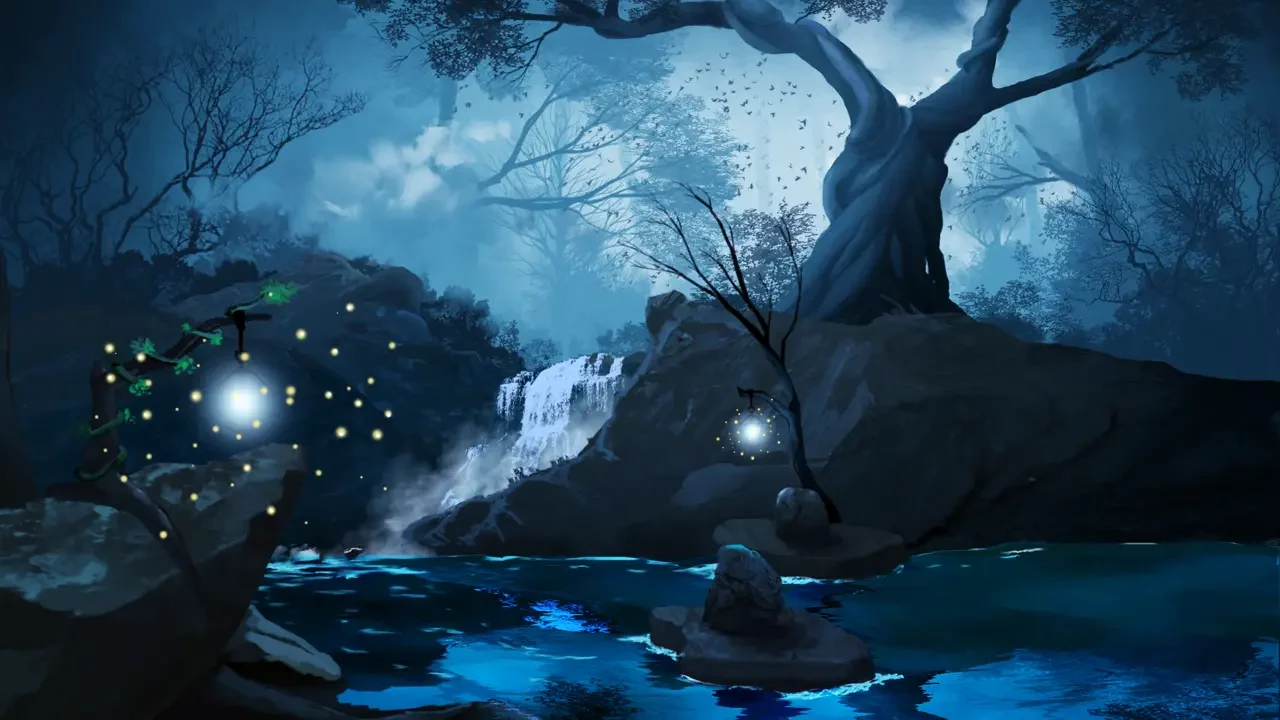
Overplanning. Preparation is important, but spending weeks crafting detailed backstories, complex political systems, or intricate worldbuilding will likely go unused in a single session. Focus on the core conflict, a few memorable NPCs, and flexible encounter ideas that can adapt to player choices.
Poor pacing kills momentum. One-shots need to move faster than regular campaigns, so avoid lengthy lore explanations and social encounters. Start with immediate conflict, keep dialogue purposeful, and fast-forward less critical moments should you need to.
Forgetting the time constraint leads to rushed endings. Many GMs plan too much content and find themselves racing through the climax or cutting important scenes. Build in buffer time, prepare a "short version" of key encounters, and remember that a satisfying conclusion is better than rushing everything.
Conclusion
One-shots can be the perfect gateway into tabletop gaming for newcomers. Plus, they also provides experienced players with a refreshing break. One-shots remove the intimidation of lengthy commitments and focus on what makes TTRPGs magical: collaborative storytelling and shared adventure.
Whether you're introducing friends to their rolls or testing a new build, one-shots prove that great adventures don't need months to unfold. Sometimes the most memorable stories happen in just a few hours around a table with friends.

